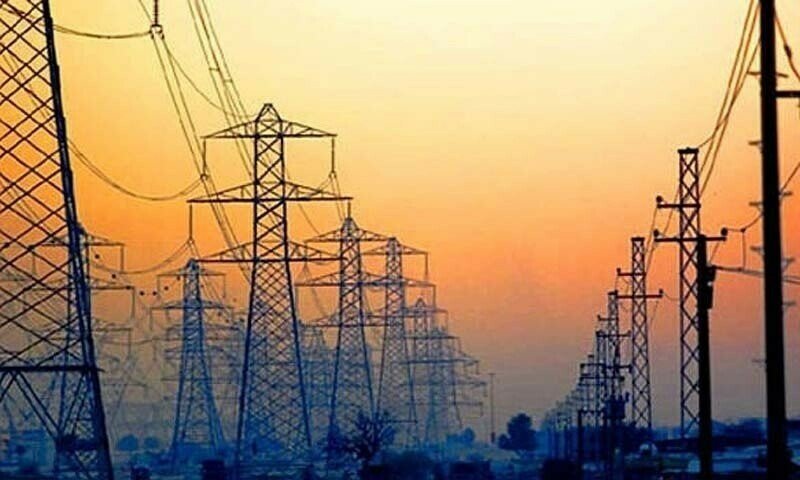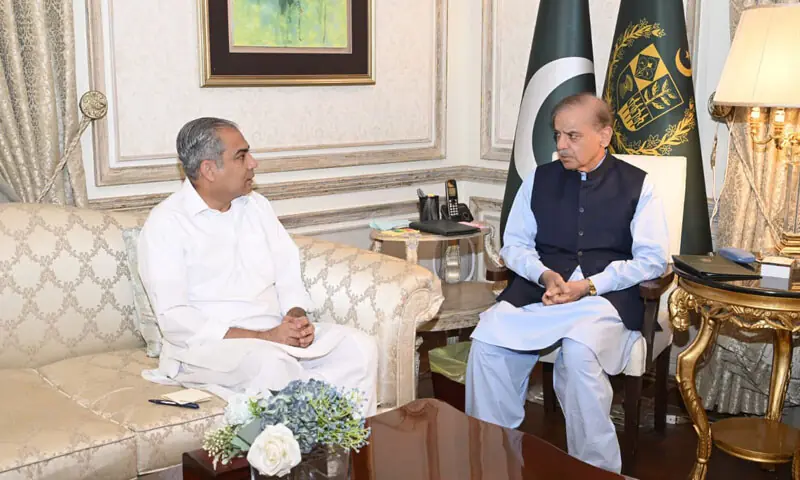The federal cabinet on Tuesday approved the power division’s recommendation to review agreements negotiated with 14 independent power producers (IPPs) aimed at reducing electricity costs and saving Rs 1.4 trillion for the national exchequer.
In October, the government prematurely terminated power purchase agreements with five of the oldest IPPs and this move was projected to save Rs 411 billion. This was followed by settlement agreements in December with eight bagasse-powered IPPs, with the aim of reducing electricity tariffs and saving around Rs 240 billion for the national exchequer.
The government has undertaken extensive reforms in the energy sector, including suspending gas supplies to captive power plants, accelerating bilateral competitive trading contract markets and renegotiating contracts with IPPs. These measures aim to curb the growth of circular debt in the electricity sector and reduce the burden of capacity payments on the government and consumers.
A federal cabinet meeting was held today under the chairmanship of Prime Minister Shehbaz Sharif in the Prime Minister’s House.
After discussion with the 14 IPPs under the revised agreements, the cabinet approved the recommendation of reductions of Rs 802 billion in terms of profits and costs to them. An amount of Rs 35,000 crore in excess profits from previous years will be deducted from these IPPs.
Members of the meeting were informed that of the 14, 10 IPPs were operating under the Electricity Policy of 2002, while another four were established under the Electricity Policy of 1994. The attendees were further informed that one agreement had already been previously cancelled. with an IPP from the 1994 policy.
The revised agreements were projected to save the government 1.4 trillion rupees over their applicable duration, with annual savings of 137 billion rupees benefiting energy consumers, participants in the meeting were informed.
The Prime Minister hailed the achievement, noting that it would reduce circular debt, reduce electricity prices and generate significant national savings.
Following the successful conclusion of the revised agreements, he assessed the performance of the Minister of Energy, the Advisor and the Secretary, as well as the members of the working group created in this regard.








